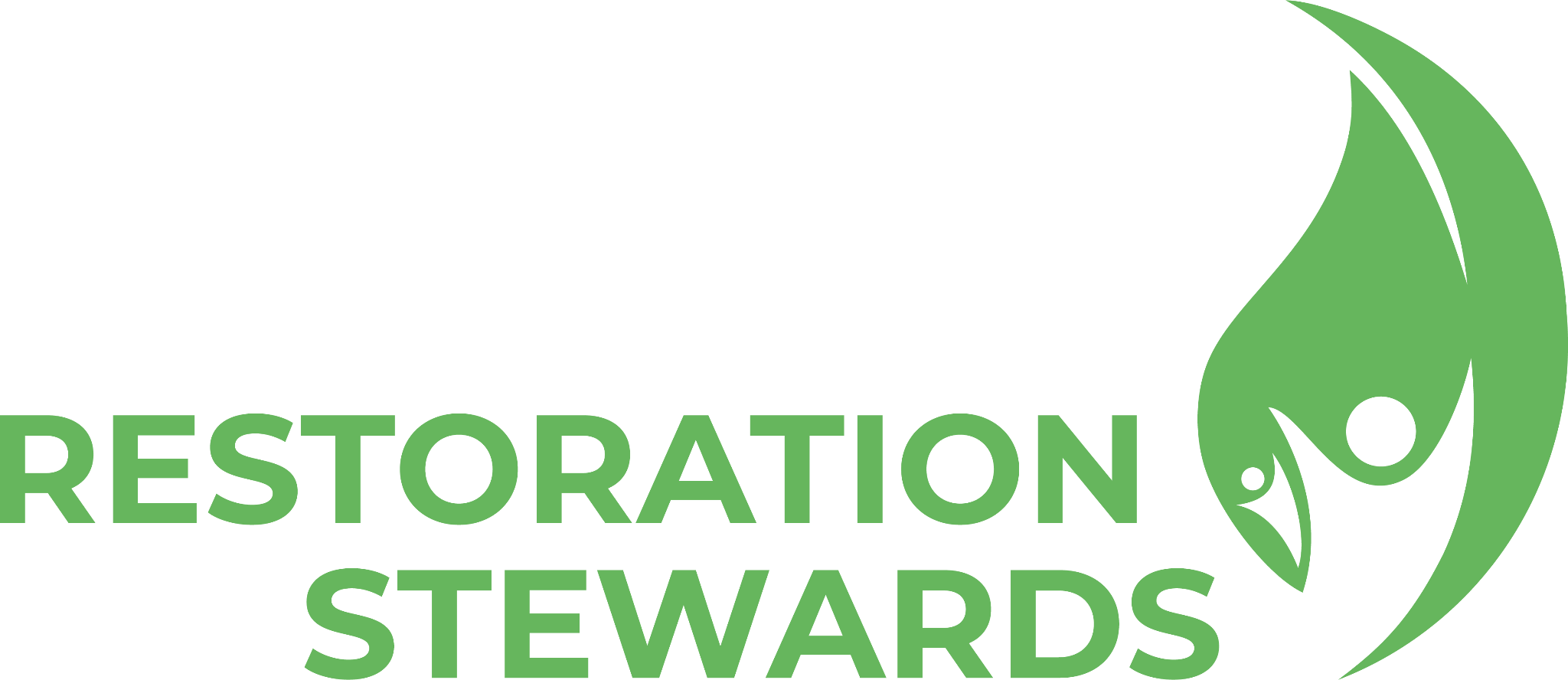Collaborating with locals to restore mangroves
Far from the hustle and bustle of the metropolitan city lies Ketapang, a region in West Kalimantan, Borneo, known for its abundant fishery products and fertile farmland. However, the agricultural sector in Tanjung Baik Budi Village is currently facing a threat from sea intrusion due to the degradation of over 9.4 hectares of mangroves. This degradation poses a significant risk to the productivity of their farmland and could lead to crop failure.
Drone imagery of Tanjung Baik Budi
Motivated by this issue, the Pongo Ranger Community has proposed the idea of Pongo-dopsi, a long-term initiative aimed at restoring and maintaining the coastal area through mangrove restoration. The response to this program has been positive, with farmers showing a keen interest in participating and contributing to monitoring activities after the planting process. This level of involvement is crucial for the sustainability of the program.
Farmers is Taking Part of the Program
Farmers focused to measure the mangrove growth at training sessions
To ensure the success of the post-planting activities, the Pongo Ranger Community organized a capacity-building session on monitoring and evaluating the planting process. Thirteen farmers from Tanjung Baik Budi Village participated in this session, where they learned about optimal mangrove planting techniques and received training on monitoring activities. A dedicated monitoring team will oversee the well-being of the newly planted mangroves and promptly address any issues that may arise.
All participants of capacity building about monitoring activity
As, Mr. Rusli, one of the farmers stated response to Pongo Ranger’s initiative to mangrove restoration,
“The project is very important, because an incident occurred in Sungai Putri Village (neighborhood village) where the mangrove forest was cut down, leading to seawater entering the farmland, rendering it unusable for agriculture.”
Seedling preparation is scheduled for December 2023, followed by planting preparation in late January or early February 2024. However, the community must consider the potential disruptions caused by high rainfall, strong winds, and high tides during November-December. These environmental conditions could negatively impact the growth of the mangrove seedlings, and precautions need to be taken accordingly.
“Understanding the optimal mangrove planting techniques for Tanjung Baik Budi Village farmers is crucial in minimizing post-planting setbacks. To support this, we plan to provide training sessions on monitoring and evaluating the planting process. Additionally, a monitoring team will oversee the well-being of the newly planted mangroves. Any unsuccessful growth will be swiftly addressed by replacing them with new seedlings.”
– Setiawan, Capacity building on-site coordinator
Setiawan explained the important of monitoring activity
Work Closely with Group of Women
In addition to the mangrove restoration efforts, the Pongo Ranger Community also conducted a session for a group of women who weave eco-poly bags. As the signature of Pongo-dopsi, we want to ensure that the program is both environmentally friendly and impactful for the surrounding community. That’s why we collaborated with a group of women for this project, as they have the capability to weave the eco-poly bags.
Eco-polybags, signature of Pongo-dopsi
The aim of the second session of capacity building was to help them accurately determine the cost of their products through proper calculations, thus ensuring economic benefits for the women.
Previously, the women sold their products based on buyer offers, without considering the actual cost of production. This resulted in inconsistent profits, as their earnings depended on the offers they received. To address this issue, the women received training on understanding the cost of production and its importance. They also learned how to calculate the cost of production and determine a suitable selling price for their products. Through practical exercises, the participants calculated the selling price of 50 eco-poly bags, ultimately determining a price range of IDR 2,000 – 3,500 per unit.
Group of women learned about determining cost production
The training session proved eye-opening for many participants, such as Halimah, she mentioned
“Until now, we’ve never calculated the production cost, nor kept records of sales. We’ve also never considered labor as part of the production cost calculation.
All participants of capacity building about cost production
The Pongo Ranger Community believes that by witnessing the impact of their actions, the communities involved will develop a stronger sense of responsibility towards preserving the mangrove area. The training sessions have provided valuable insights into entrepreneurship and cost production calculation, leaving participants grateful for the opportunity to expand their knowledge and skills.
Like Bella, one of the participants said,
“I want to show my gratitude because of the training, I gained some new insight in entrepreneurship and now I know how to calculate cost production. Thank you so much!”
By Shafa Fakhira, social media specialist, Pongo Ranger Community
Edited by Dwi Riyan, 2023 Restoration Stewards


